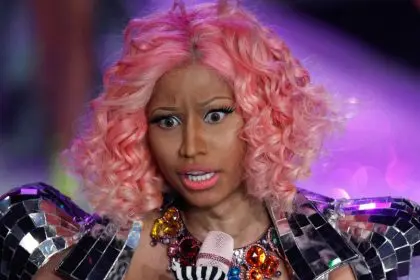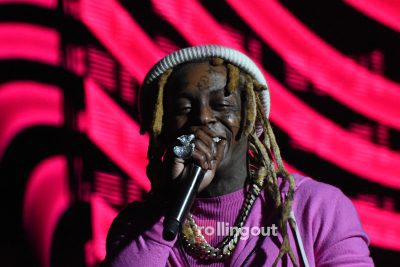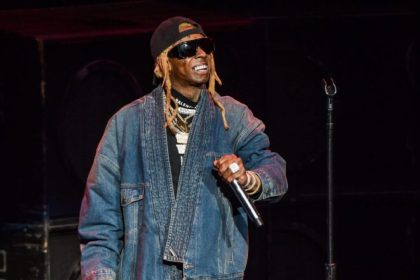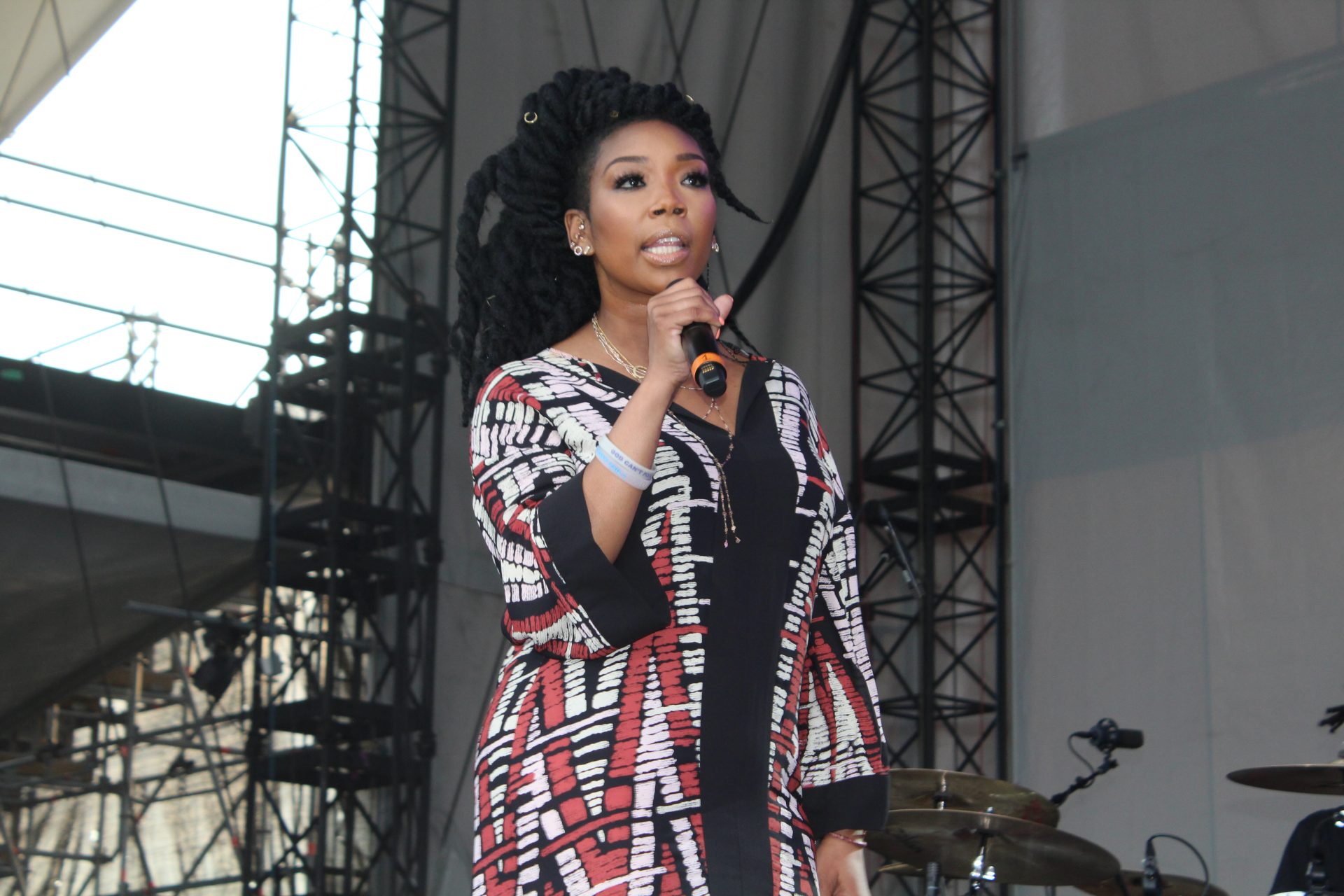The intro, “King Carter,” opens Tha Carter VI with big, bold, and epic energy—a poetic tribute to Lil Wayne’s impact. It sets the stage for something monumental. You expect greatness, a defining chapter in the legacy of one of rap’s most influential voices.
“Welcome 2 Tha Carter” follows with what sounds like an AI-generated soul sample. Wayne spits scorching bars, sounding confident and lucid. At this point, everything is going as expected—Wayne is sharp, the production feels ambitious, and you’re ready for a ride through a new royal era.
But that momentum fades by track six.
Starts to feel like laziness instead of effortlessness
“Banned From NO,” inspired by Noreaga’s “Banned From TV” is where coherence begins to unravel. Wayne sounds like a man too comfortable with his craft. Rapping is second nature to him, and that shows — but not in a good way. The lyrics become predictable, littered with excessive “n-words” and “b-words” that dilute any message or impact. The effortlessness starts to feel like laziness.
Then comes “The Days” featuring rock legend and U2 frontman Bono — a surprise, and the most cohesive moment on the album. It’s structured, purposeful, and nostalgic, evoking memories of MTV’s golden era. It stands out because it means something.
There are other moments of impressive production across the project, but some choices, like the bizarre elephant trumpeting sounds on “Peanuts 2 N Elephant,” completely overshadow whatever might have been worth salvaging. The track becomes almost unlistenable, a prime example of experimentation gone wrong. When production quirks distract rather than enhance, they defeat the entire purpose. It’s a frustrating listen — so much potential, misused. You find yourself wondering what these songs could have been with more restraint and better judgment.
Tha Carter VI feels like the culmination of a storied career, but one arriving at a crossroads. We’ve watched Lil Wayne grow up in the industry, carve out his lane, and become so dominant that rap became too easy. That ease now feels like a burden. The hunger, the focus, the edge — they’re missing.
To be fair, Wayne doesn’t have anything to prove. His legend is cemented. But that’s precisely why this album feels unnecessary. It meanders, lacks direction, and never fully commits to any idea.
No one is challenging him. And even when features from artists like 2 Chainz or Big Sean appear, they don’t spark any renewed fire. Wayne is comfortable. Too comfortable.
The production feels safe, predictable even. Where once Wayne would experiment with unconventional beats and push boundaries, here he settles into familiar territory.
The wordplay that made him legendary still flickers occasionally, but it’s buried under layers of complacency. You can hear it in his delivery — there’s no hunger, no desperation to prove himself. It’s the sound of an artist coasting on muscle memory rather than diving deep into the creative well that once seemed bottomless.
The longer the album goes on, the more erratic it becomes. It’s clear: we’ve heard the best of Lil Wayne decades ago.
Still, there are bright spots in this 19-track offering: “Welcome 2 Tha Carter,” “Bells,” “Sharks,” “The Days,” and “Island Holiday.” These tracks remind us of his greatness, even if only briefly.
Noticeably missing are Wayne’s most recognizable peers — Drake and Nicki Minaj. Their absence is felt. Their presence could have added energy, competition, maybe even purpose.
Wayne sounds bored. And it’s not his fault. He gave his youth to this game. The fans have exalted him. He has become a king — in his mind and ours. The only problem is that Tha Carter VI feels like his kingdom has crumbled.












